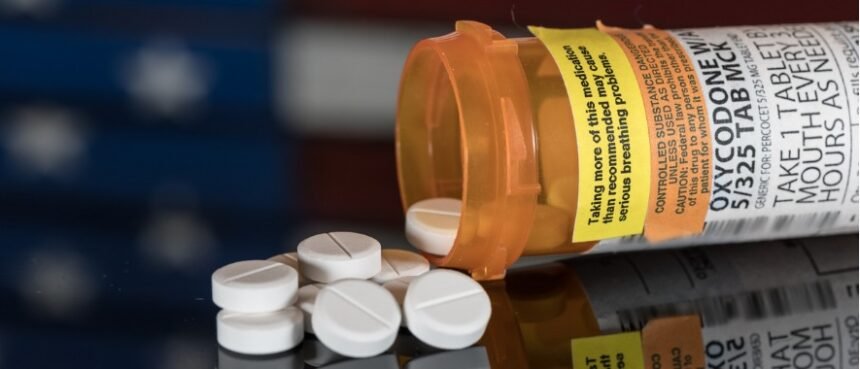Last year, Latino youth were hospitalized the most out of all youth struggling with substance abuse in the county, according to data from the MDH. In 2023, 137 opioid-related Emergency Department (ED) visits were for county residents under 25 years old. 54 of those hospitalizations were Hispanic youth for the entire year, making them almost 40 percent of all youth opioid-related ED visits.
Currently available data from the new MDH Overdose Data Dashboard (ODD) show that from January to July 2024, there have been 19 opioid-related ED visits for Hispanic youth. According to the MDH ODD, there were 54 total Hispanic youth ED visits in 2023 and from August 2023 to December 2023, there were 20, meaning that from January to July 2023, there were 34 ED visits.
A report submitted last year to the county’s Health and Human Services Committee, Education and Culture Committee and Public Safety Committee echoed last year’s spike stating that Latino youth made up the majority of opioid-related emergency room visits for Montgomery County youth.
According to the report, from July 1, 2022 to Nov. 20, 2023, individuals 10 to 21 years old accounted for 22 percent of all opioid overdose-related ER visits. These Latino youths made up majority of the youth overdose-related ER visits at 42 percent, followed by African American and white youth at 26 and 18 percent, respectively.
In response, Identity, a Hispanic outreach and education nonprofit based in Gaithersburg, worked with the University of Maryland School of Public Health to conduct a study and list of recommendations to address the number of Latino youth suffering from substance abuse.
The study, published in March, found that Latino youth in their focus groups “suggested that they would like to hear more from mental health professionals and people who had lived experiences with substance use.”
Dr. Cristina Rabadán-Diehl, a consultant on the Identity and UMD SPH report, is an award-winning, bilingual scientist and a long-time Montgomery County resident. She has held leadership positions at the National Institutes of Health and the Office of the Americas in the U.S. Department of Health and Human Services and in June of 2019, lost her 29-year-old son, Jonathan, to an opioid overdose.
As soon as his name came up in an interview with MCM, Rabadán-Diehl smiled.
“That is because it’s almost impossible to think or talk about Jonathan without smiling,” she said. “That, I think, already tells you the kind of person he was.”











